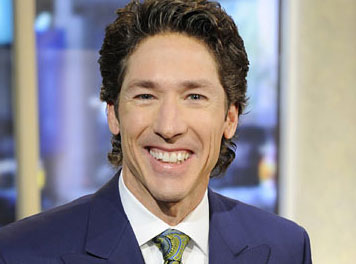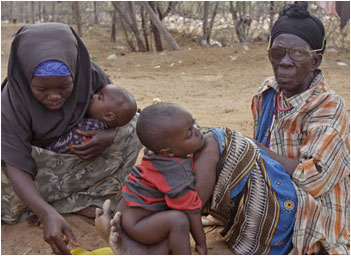By James Emery White
IT was one of many coffees I have with fellow pastors.
He looked tired. Defeated.
He had planted a church, and eight years later it had yet to cross the 200 barrier. Setting up and breaking down, week after week, had taken its toll. Families would come, but only for a season. They would soon leave, tired from the work, discouraged by the lack of progress, and enticed by larger churches with ministries and programs their families needed.
And then came COVID, which cut what small attendance he had managed to gain in half.
He wasn’t sure how long he – or it – would last.
He’s not alone. That is just one story.
There are so many.
I can’t begin to tell you how many pastors I’ve engaged over the last three years who are shells of who they once were. And often because their churches are shells of what they once were. In case you haven’t heard, the state of the church since COVID is not good.
Here’s a quick snapshot of the typical church:
- in-person attendance has not rebounded to pre-COVID levels
- giving, on the whole, is down
- half of all churches have fewer than 65 attending weekly
- between 3,850 and 7,700 houses of worship close each year
That is far from the only set of dynamics facing most church leaders. The last three years have seen more political, cultural and ideological divides plague our nation than at any other time in recent memory. Adding to the volatility and stress has been how those very political, cultural and ideological divides have often been cast as religious in nature.
Related story: Pastors & fitness
This put every pastor in the crosshairs. People demanded they speak out (translation: take their side), and if they did, those who agreed stayed and those who didn’t left. And if they stayed silent? People still left, looking for a church that would espouse and affirm their ideological bent.
Result?
The percentage of pastors who feel confident about their calling, compared to when they first entered the ministry, dropped from 66% to 35%.
The number who feel satisfied with their vocation as a pastor dropped from 72% to 52%.
The number who feel satisfied with their ministry at their current church dropped from 53% to 38%.
Two in five (41%) say they’ve contemplated quitting over the last 12 months.
The numbers drop even lower for younger pastors.
Related story: Pastors look for these 3 things
Before I write any further, let me make something very clear. The church I lead – meaning the people, its staff, its leaders – is amazing. While I felt the pressures that came with the pandemic, our church felt like an outlier. Though taking stands and speaking out and teaching on the issues, we had no mass exodus, no big splits between members, and no drop-offs in giving. In fact, we grew throughout the pandemic in ways that were unprecedented.
Further, I cannot begin to tell you how well cared for I feel by our church, how supportive people have been, how unified our staff has stood, and how much joy I have in serving.
All to say, what I am about to say isn’t about me.
But it may very well be about your pastor.
So…
Pray for your pastor.
Support your pastor.
Realize that they have emotional and mental tanks that can be depleted every bit as much as you do.
Quit making them the lightning rod for everything happening in our world. Give them grace as they try to sort things out as your spiritual leader. If you disagree with them, fine. But when you do, don’t confuse ideology with theology, tertiary (secondary) issues with primary issues. Learn to agree to disagree agreeably. Or as Augustine is believed to have said, “In essentials, unity; in non-essentials, liberty; in all things, charity.”
The average pastor is not needing special treatment, just humane, loving, grace-filled treatment. The kind you would want for yourself.
And the kind that gets some of those percentages back up a bit.





















